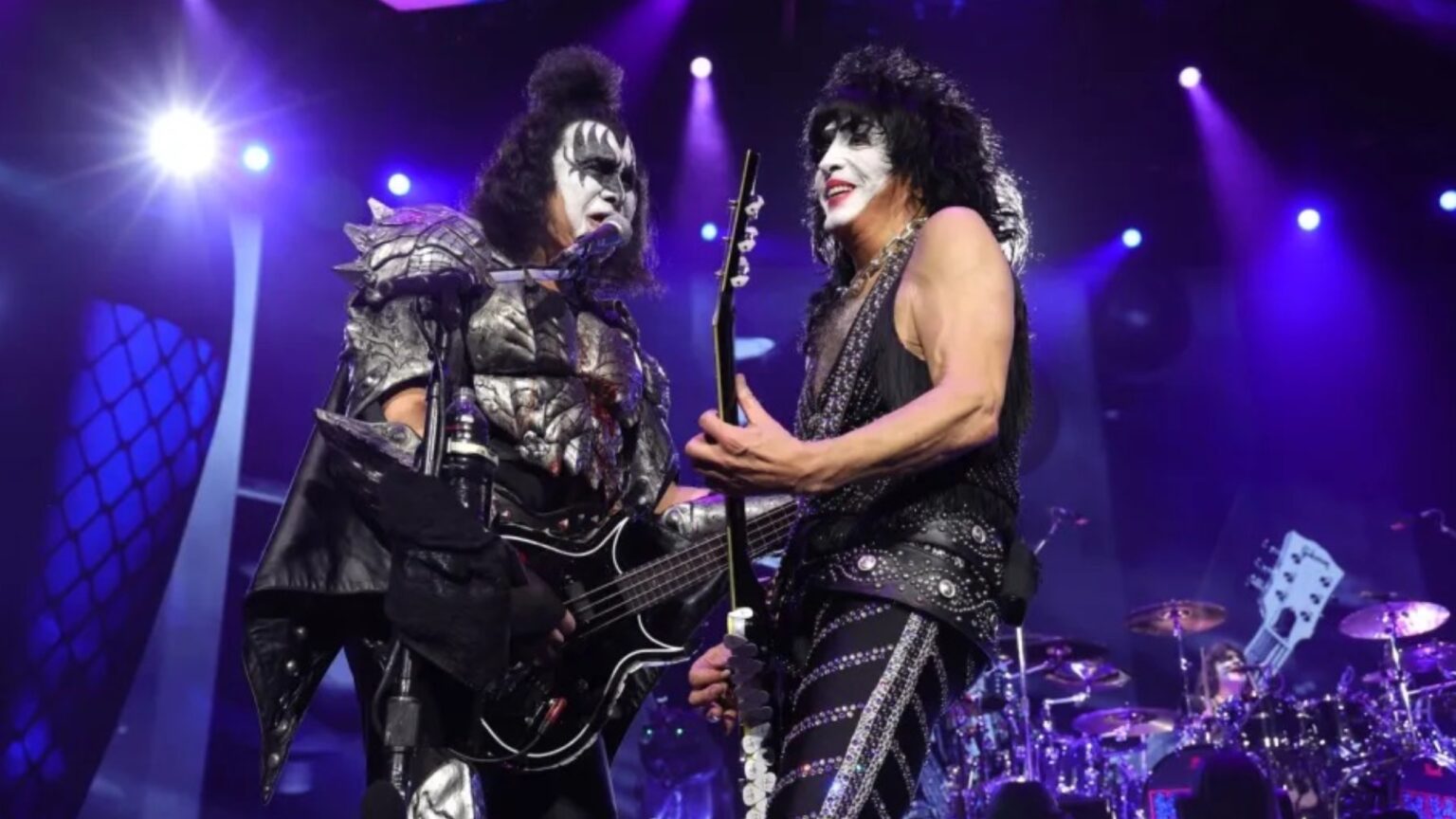Kiss recently announced the end of their era on the live stage. Following a final performance on Dec. 2, the band is transitioning into a digital existence. This shift marks a change in how the band will interact with their fans and the music industry.
Kiss, recognized for their stage persona, has decided to hang up their live performance. This decision comes after a series of farewell tours, the first of which took place in 2000. Despite previous retirements and lineup changes, the band continued touring. However, this recent announcement is the end of their live performances.
During their last concert, co-founder Paul Stanley hinted at the band’s future:
“The end of this road is the beginning of another road.”
This set the stage for their digital resurrection. Following a dramatic exit, the band showcased their digital avatars, developed by the renowned visual effects studio Industrial Light and Magic.
KISS Announces ‘New Era’ With Digital Avatars Following Final Concert in New York @billboard https://t.co/HVxMM7cV5R via @billboard
— KISS (@kiss) December 5, 2023
From rock legends to digital icons
The representations of Kiss, including supernatural elements like demon wings for Gene Simmons, were revealed to an audience. According to visual effects supervisor Grady Cofer of ILM, these avatars represent the band’s transition from physical to digital form. The aim is to explore ways the band could evolve in this new digital realm.
Kiss is joining the efforts of Pophouse Entertainment, a Swedish company known for its digital resurrection of ABBA, exploring various avenues for their digital selves. Sundin, the head of Pophouse, expressed uncertainty about the exact plans but hinted at various possibilities, from virtual concerts to rock operas.
Potential ventures in virtual worlds
The change to digital forms allows the band to consider appearances in virtual worlds like Roblox or Fortnite. This wouldn’t be the band’s first foray into gaming, as they previously appeared in Tony Hawk’s Underground on the PS2. This move aligns with the band’s desire to remain eternally youthful and iconic, leveraging technology to perform in ways previously unimaginable.
In a promotional video, Gene Simmons shared his enthusiasm for this new phase, emphasizing the limitless potential of technology to reshape their performances.
While Kiss opens new avenues for the band, it raises questions about the future of music and pop culture. The concept of artists continuing their legacy through digital avatars suggests a future where new artistic expressions compete with perpetual digital recreations of past icons.
This development hints at a potential shift in how people consume and interact with music and entertainment. The idea of eternal digital performances by artists, even posthumously, suggests a future where the line between reality and digital representation becomes increasingly blurred.









 and then
and then